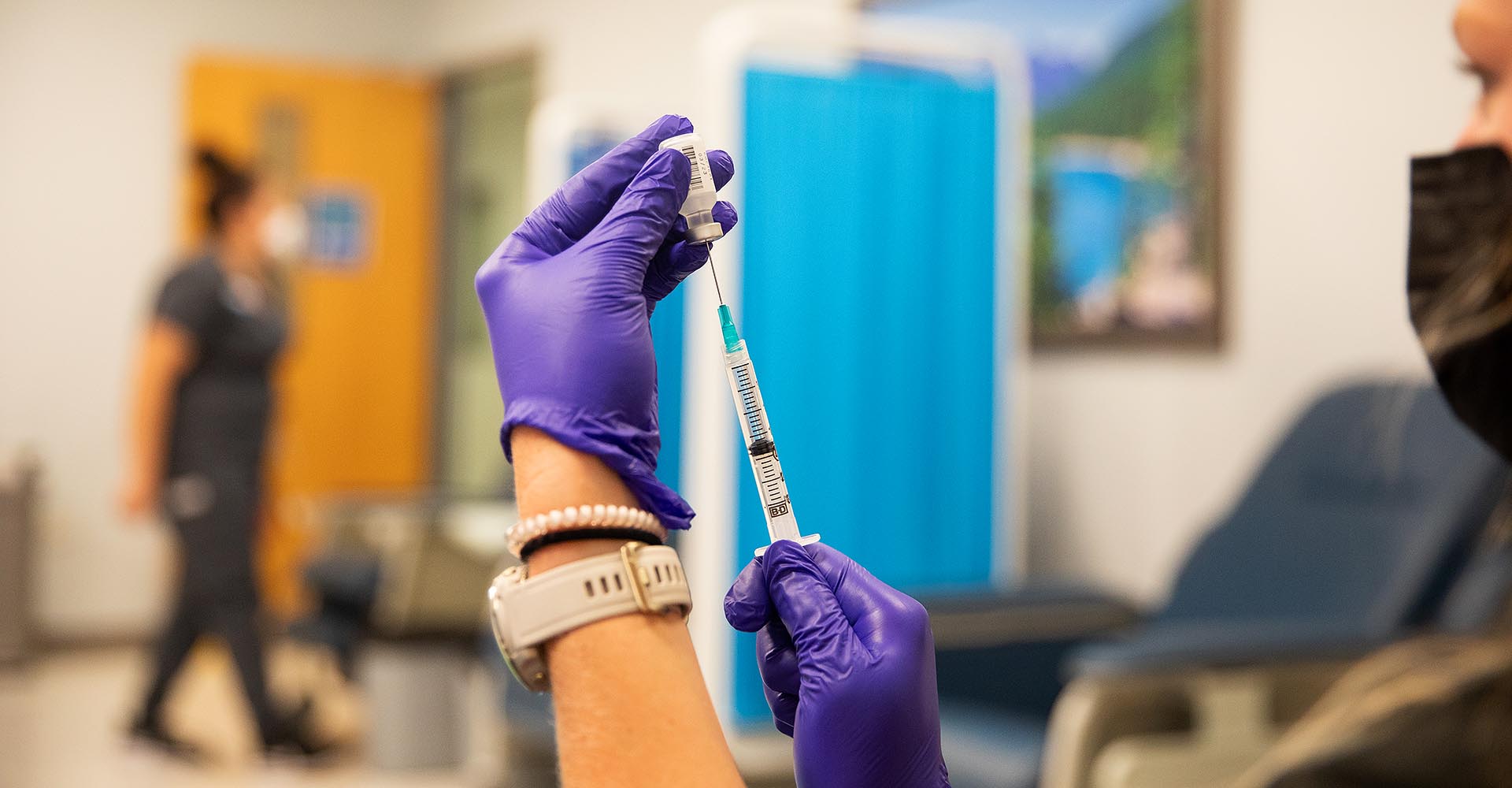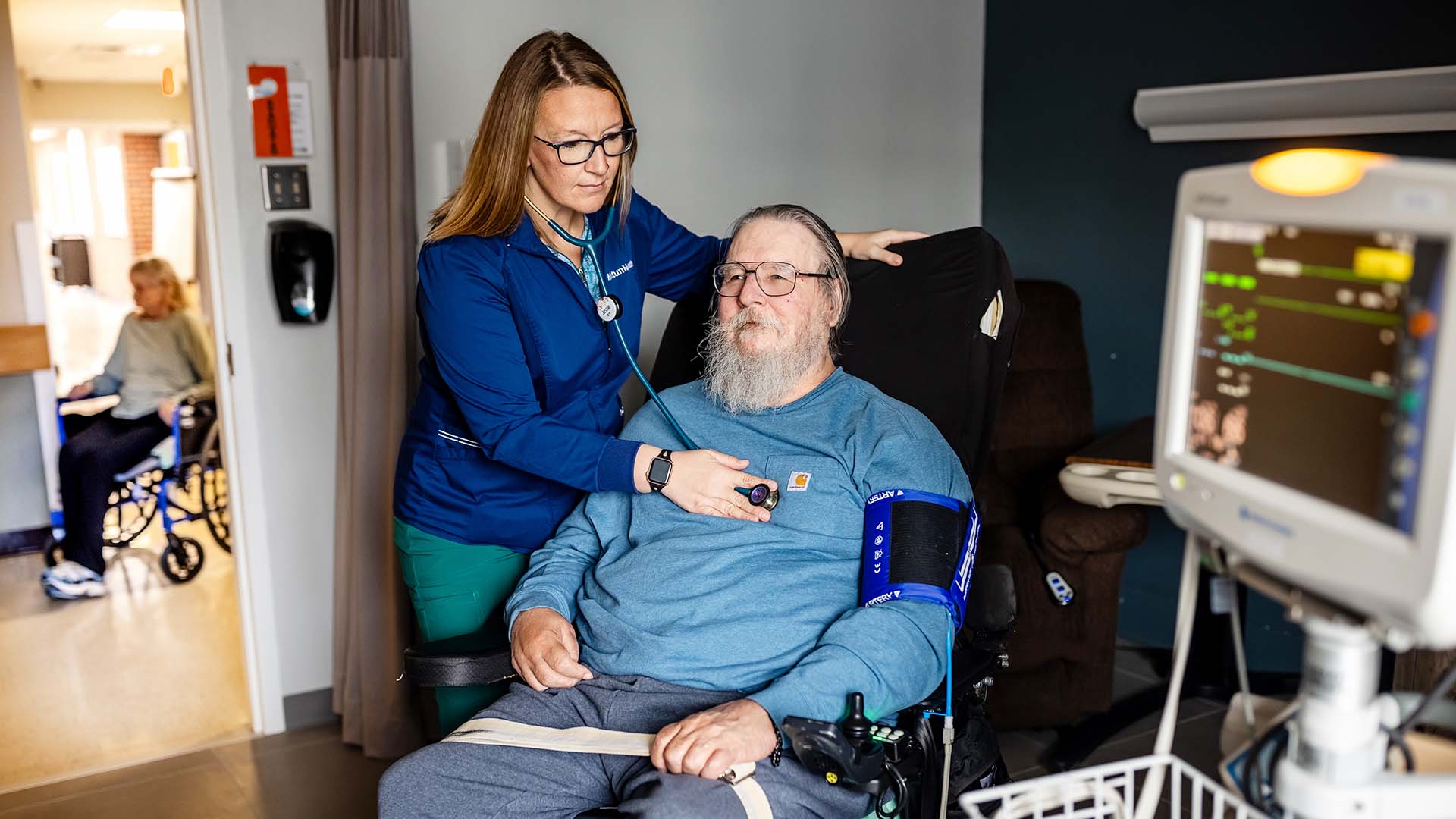Delta variant drives vaccine, mask mandates
83% of Covid-19 cases are now caused by the highly contagious Delta variant. Here’s what you need to know about the aggressive action that governments and companies are taking to combat the virus.

As the highly contagious Delta variant sweeps across the country, public-health officials are renewing pleas for Americans to get vaccinated and local governments and some businesses are mandating vaccinations for employees. The City of Denver issued a Public Health Order last week stating that city employees and those in private-sector, high-risk settings will be required to be fully vaccinated by Sept. 30.
Sheryl Zajdowicz, Ph.D., a professor in Metropolitan State University of Denver’s Department of Biology, said vaccination remains the best form of protection against the Delta variant. However, just 50% of the U.S. population is fully vaccinated, according to the Centers for Disease Control and Prevention. The CDC’s research also shows that the Covid-19 Delta variant caused 83.4% of cases in the country in the last two weeks of July. That is up more than 8 percentage points from early June.
“While there is a reduced ability to neutralize the Delta variant in comparison to the original strain, various studies have shown that the vaccines remain effective in preventing hospitalization and death,” Zajdowicz said.
Mask requirements are also making a comeback in an effort to slow the spread of the Delta variant, which according to the CDC is nearly twice as contagious as previous variants.
Local K-12 school districts such as Denver Public Schools and higher-education institutions, including MSU Denver, are once again requiring face coverings indoors regardless of vaccination status. The University announced in April that vaccines are required for students and employees returning for the fall semester, which begins Aug. 23.
“MSU Denver has made deliberate, proactive public-health decisions in line with expert recommendations, and we are once again doing so with the rise of the highly transmissible Delta variant,” University President Janine Davidson, Ph.D., wrote in a letter explaining the decision to students and employees.
Davidson cited the need to protect vulnerable populations, including immunocompromised individuals and children under age 12, who are ineligible for the vaccine.

Delta means change
Getting the shot isn’t a panacea, but Zajdowicz noted that most hospitalizations and Covid-19-associated deaths in the U.S. affect unvaccinated individuals. While some breakthrough infections have been documented in fully vaccinated individuals, she said that outcome is not unexpected.
“Vaccines don’t necessarily prevent infection,” she said. “They work to drive a protective immune response that limits the severity of disease.”
Aside from vaccination, Zajdowicz recommends preventive tactics in line with CDC guidance, which include wearing masks indoors for individuals in regions where there is substantial or high transmission, as well as washing hands more often and monitoring for symptoms.
For the Delta variant, symptoms would include fever, headache and sore throat, whereas cough and loss of sense of smell are not as common. There are some reports to indicate the observation of more serious symptoms, including gastrointestinal problems, blood clots and hearing impairment, she said.
For those worried about additional virus variants cropping up, Zajdowicz said mutations are common.
“The more a virus circulates in a population of people, the more it can change,” she said. “The development of variants is expected, and it’s important to monitor for these identified variants to determine if there is cause for alarm.”







